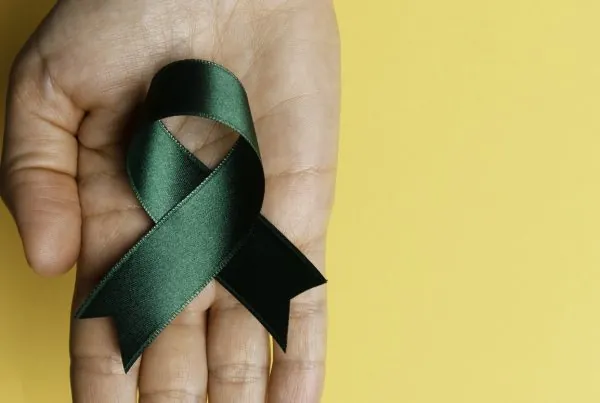Addiction and mental health are deeply woven into the fabric of our culture. Rather than stigmatizing those suffering from the confines of their minds and addictions of their bodies, it’s clear we need to provide wider ranges of treatment for recovery. Over the Visions has broadened our treatment base, continued to step away from the prohibitive nature of limited thinking, and are continuing to encompass the whole person in treatment. I just read an article that talked about the use of antiquated treatment methods circa 1950, and I was pleasantly reminded of how forward we are in our treatment programs.
Our mental health track has broadened to include the treatment of trauma, provide DBT for all levels of treatment, and allow for alternative methods of support when the 12-step model isn’t appropriate. Recovery isn’t one-size-fits-all, and we recognize that. Our therapists and staff devise a treatment plan appropriate for each client, supporting their individual needs while also providing them with the treatment they need. We can begin to find solace in therapeutic care, safety in our own bodies, and space in our hearts to heal from the deep wounds of our hurts. We will find that there are answers to the most difficult questions if we are ready and willing to do the work. To give up when things are painful or when the shadows are looming cease being a choice when a skillful clinical and support staff supports you.
Remember, healing is a process, not an easy 28-day fix. Recovery is a life-long practice that we engage in one day at a time, and some days, one moment at a time. Many of us want everything right here, right now, supersized, and fast: the typical “quick fix.” Recovery isn’t like that. Allow yourself the chance to slow down and catch your breath. Allow yourself to let go and accept help. Our brains and bodies can recover and learn to hold space for our trauma and addictions in ways that are safe and kind to us as individuals.
Try this for good measure. Find a group of friends whom you trust and feel safe with; make a pact to text each other “.b” (stop-breathe) when you are feeling overwhelmed or when you want to have a unified moment of mindfulness between you and a friend. By doing something as simple as this, we can create a chain of positive healing instead of polishing the old standby chain of sickness. We can recover.








